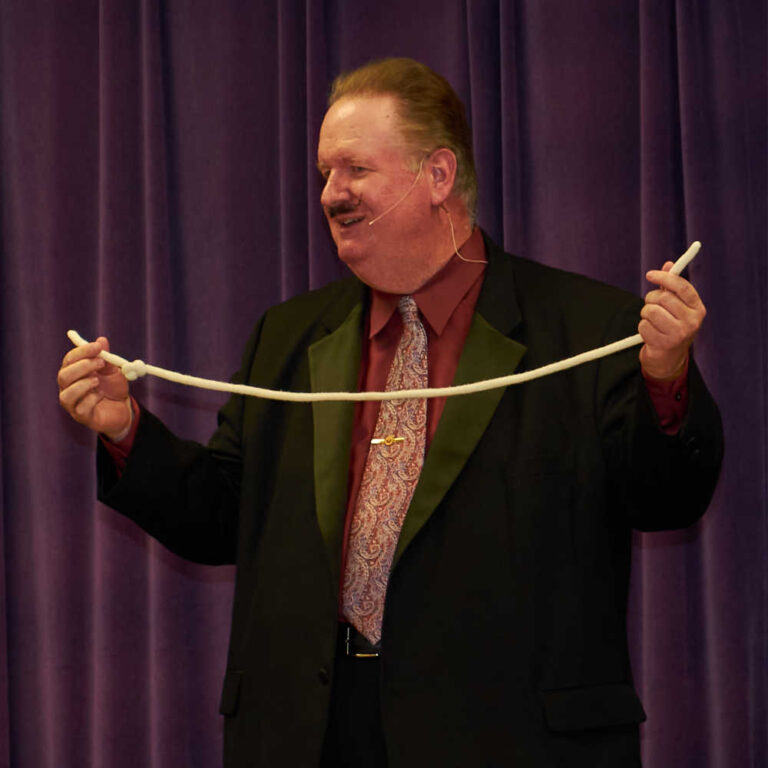Two Post-Oscar Olympic Observations

Two Post-Oscar Olympic Observations The 2018 Winter Olympics concluded just as my wife and I were leaving for an overseas trip. Thanks to YouTube TV, we have a recording of the closing ceremonies that we can enjoy when we get home. When the Winter Olympics were finished the media buzz immediately went on to the […]


